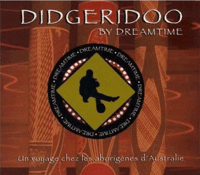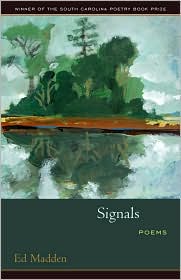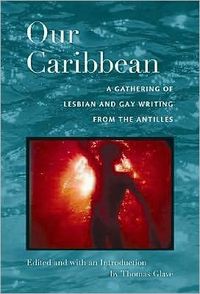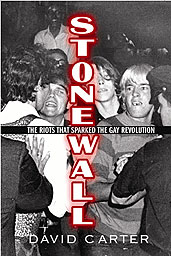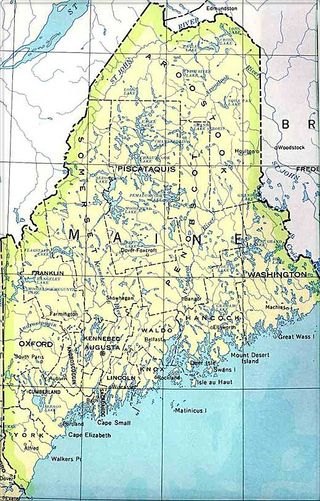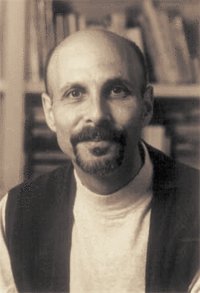 Animal, Vegetable, Mineral
Animal, Vegetable, Mineral
By Andrew Ramer
Earth spins and wobbles. Landmasses drift, shudder, slam into each other. Waves hiss, thunder, and crash. Wind whips through trees, whispers through grass. Rain patters, thunder rumbles, ice cracks. Rivers rush, streams babble. Animals sing, chirp, bray, hiss, bellow, howl, buzz, croak, roar. Our bodies throb, gurgle, inhale, exhale, cough, sniffle, wheeze, belch, fart. And we chatter, laugh, sob, scream, moan, wail, chant, hum, sigh, cry out in ecstasy. All of which contribute to the music we’ve created on our lovely damaged traveling sphere. Many years ago a disembodied friend told me that one of the reasons he likes hanging out on this planet is that more different kinds of music are played here in an hour than are played on most other planets in ten thousand years.
In honor of music and its diversity I offer a variety of spiritual practices.
If you were to describe yourself as a musical instrument, which one would you be? (I envision myself as an old dusky pink cello.)
What musical instrument would best represent each of the people in your life?
Is music purely mental for you? Do you listen to music without moving, or are you a rocker, a swayer, a dancer? Finger snapper, head bobber, foot tapper?
Do you like to sing? Alone or with others? In the shower? In concert? What do you like to sing? Do you sing the same songs or add new ones to your repertoire? If you don’t sing, why not? Did you ever? What were you told about your voice? What keeps you from singing now? If you don’t sing, start. If you do sing, keep singing.
Plato said: When the mode of the music changes, the walls of the city shake.
What was the first piece of music that shook your walls? (Mine was Janis Ian’s “Society’s Child.”) Do you still like it, or are you embarrassed by it now? Do you still listen to it, or do you no longer need to, because it’s encoded in your DNA from playing it so many times? What else has shaken you, sent shivers up and down your receptive undulating spine?
What music are you listening to these days? Do you listen to music at all? What are your favorite pieces of music from the past year? Several friends of mine make CDs of their annual favorites and give them out as holiday gifts. Do you? Might you? What would your choices say about you and your year? (My last year’s treasure was bluegrass, “From the Windows of a Train,” by Blue Highway. I listened to it over and over again for weeks, to the great distress of my easy-listening housemate.)
What kinds of music do you avoid, hate, wish we’d never played on this planet? What are your associations with these forms of music? Too loud, too slow, too emotional, too cold? What aspects of your life might they represent?
Chart your coming out, love life, sex life, breaking up, marriage/s or ritual equivalents if you had any, through the music that you were listening to then. Are there common themes, issues, recording artists, musical styles in your choices? What does this tell you about yourself and your romantic/sexual/intimate life?
Write your autobiography by listing the music you listened to in each stage of your life, or the music that describes each chapter of your life. Record these pieces of music and share them with others, perhaps on your birthday. Many of us have photos that document our lives. Why not create a document in sound of your life?
Would you like music played at your funeral or memorial service? Record it and give copies to your dear ones. Weddings have rehearsals. Consider having a funeral rehearsal and playing these pieces of music for others. If you do this, how does it feel to hear your musical choices as if they were being played in your physical absence? Do they adequately express the ‘you’ that you want others to remember, or do you need to make other choices?
Do you play an instrument? What or which? Did you play any in the past? Why did you stop, if you did? Consider taking up an instrument again. It’s one thing to listen to music, but quite another to make it. Like making love. What music can you make?
Are there musical eras that you prefer? Are you a fan of music from particular cultures, regions, groups, composers? What does this tell you about yourself? Are these past life clues or evidence of expanded aspects of your personality?
Recently I visited the home of a newish friend who’s thirty years my junior, and was startled to discover that he
Andrew Ramer is a writer and educator. He is the author of numerous books including Revelations for a New Millenium, Little Pictures: Fiction for a New Age and the Gay classic Two Flutes Playing: A Spiritual Journeybook for Gay Men from White Crane Books.
Ramer lives in San Francisco. Praxis is a regular feature of White Crane.
For more White Crane, become a fan on Facebook and join us on Yahoogroups.
Subscribe today and keep the conversation going! Consider giving a gift subscription to
your friends who could use some wisdom! If there's an article listed
above that was not excerpted online, copies of this issue are available
for purchase. Contact us at editors@gaywisdom.org

 Animal, Vegetable, Mineral
Animal, Vegetable, Mineral